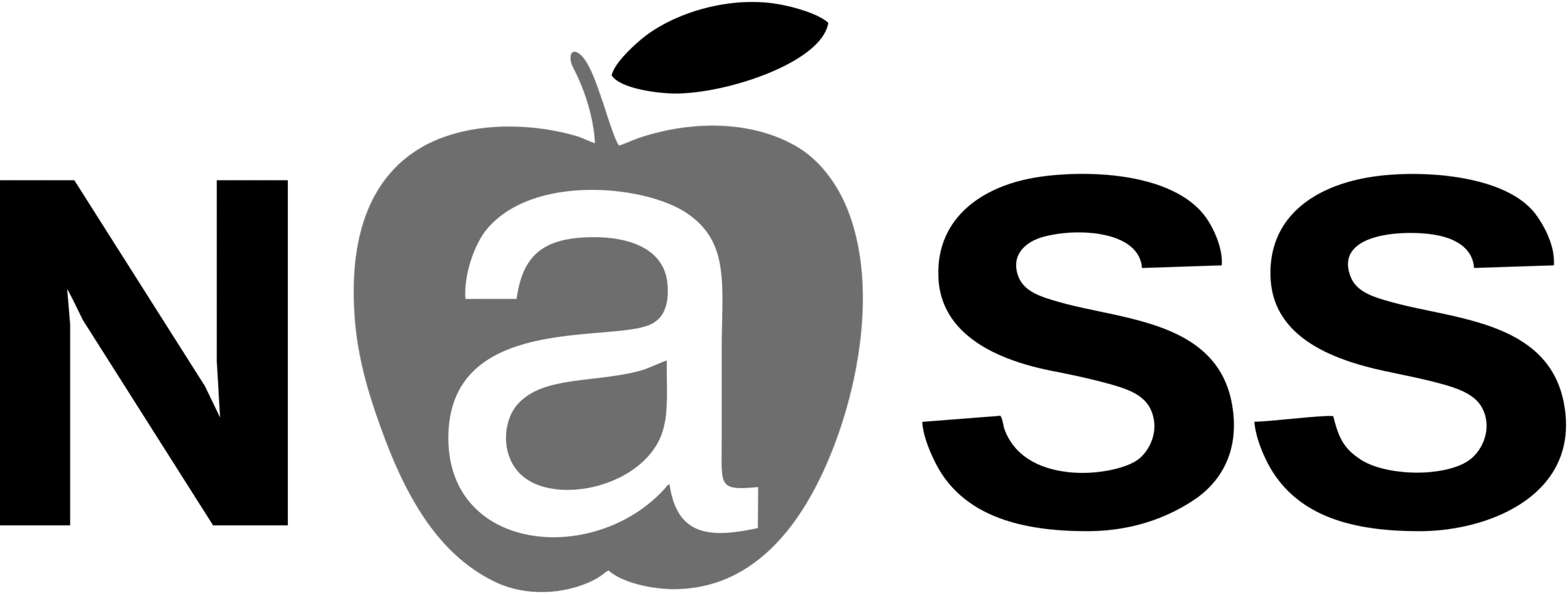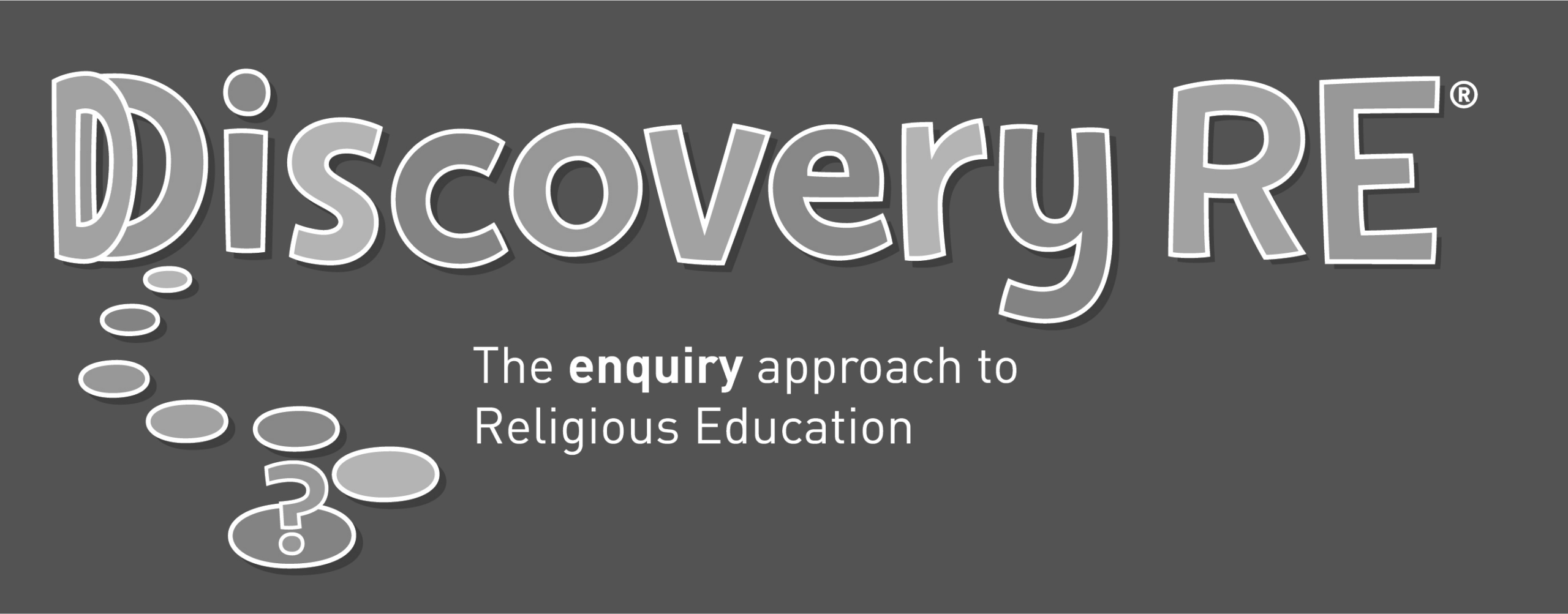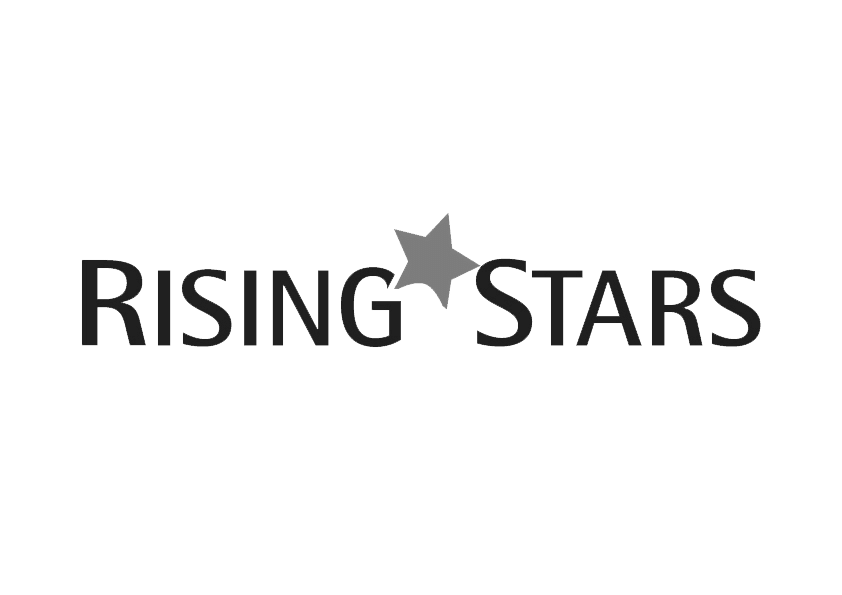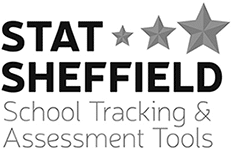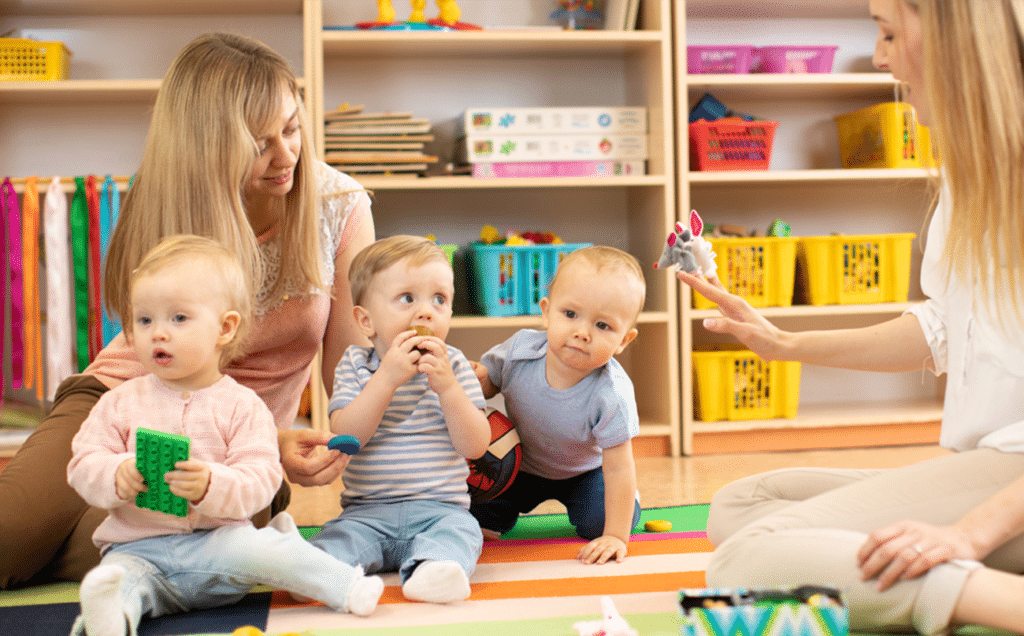
If, as someone who works with children, you were asked which age group you prefer, which has made the most impact on you or which one you have made the most impact on, many of you would choose key stage 1 or 2 (when children are learning independently) or key stage 3 or 4 (when they are learning for their future) but I would totally disagree with that. Given the chance, having taught children from the ages of 2 to 12, I’d shout it loud and clear from the roof tops that it is the early years.
It is exciting, challenging, frustrating, amusing and so very rewarding. Children have one chance to be part of our education system and to navigate them through at least one small part of it is a privilege with immense responsibilities. It is fantastic to see them change from being babies and toddlers into little people, ready to soak up knowledge like a sponge, ready to develop emotionally and physically and ready to become an individual with a personality and all their associated quirks and foibles that makes them so interesting and such a joy to be around.
I remember planning for my first ever class, which was way back in the day when the National Curriculum was in its infancy and there was no equivalent for younger children.
In reception you planned for the term as topics in a book which you handed to your Head for approval/comment and then ticked items off as you did them. No tracking and no assessment, maybe a simple tick list in a mark book for what they could do in “English and Maths”, but that was all.
In nursery it was more off the cuff, far more “whatever you think” as so many Heads and leadership teams had little or no experience or knowledge of younger children and what they needed to learn. You could let the children play and explore, providing and swapping activities when needed, going with the flow and from just knowing the children. You had a start and finish time each day but within that you could be flexible enough to give the children what they needed to develop and more importantly be happy. Then came the introduction of Curriculum Guidance for the Foundation Stage and Birth to 3 Matters, which would later merge to become the EYFS, followed by the first ever Foundation Stage Profile almost 20 years ago.
The landscape for the early years was changing, it was becoming more restrictive, more accountable and more pigeon holed. Observation, assessment, monitoring and moderating were becoming key words and you were judged on what you taught and how many children achieved level 9. In fact, it had gone from one extreme to the other. No longer was it just enough to use our experience, expertise and knowledge of child development, combined with an understanding of what they would be expected to do in key stage 1, to give them the best possible start we could but a real document that we had to use without question. We had to plan to what we were told and assess everything, collecting multiple evidence for every single point before it could be moderated and agreed a child had achieved.
Thank goodness the latest incarnation of Development Matters is taking us back to a time when our gut feeling and just knowing is enough. It acknowledges that professional judgement cannot be replaced by tick lists and copious amounts of evidence and recognises that assessment is about noticing what children can do and what they know.
Anyone who has ever worked in the early years sector knows and understands the value and importance of giving every individual a first class start, the best they can possibly have. This is not only because they are entitled to it and deserve it but because it is the foundation for the rest of their future education, for the rest of their lives. Get it right early, get it right for life.
There is no greater thrill than seeing a child “get it”, that light bulb moment when they discover something new or finally understand how to do something after helping, explaining or guiding what seems like 1,472 times! Teaching young children involves giving them, and supporting them through, numerous opportunities to grasp just one thing. They are developing a learning style, that works best for them. Are they a listener, looker or doer? As we all know, this learning takes place through play the greatest vehicle for imparting knowledge.
It is the same way we as adults learn but we wouldn’t dream of saying “we’re playing”. We get a new gadget and we explore, experiment, investigate, test it out, WE PLAY! Then we understand, we remember this and use it to move on and play again at a greater depth and continue to repeat this pattern for the rest of our lives.
Practitioners in the early years know how to support this in young children by the resources we provide and the environment in which we provide them. We know when to watch, support and extend development and most importantly when to celebrate success no matter how big or small, or how long it has taken to come.
However, the question still remains of what do we do with all this knowledge from what we see, hear and feel whilst being in their company. Yes, we do need to make some sort of written record after all we are all held to account and using a simple but effective system to record that achievement and progress so we can use it and share it is needed, but much of it comes down to really knowing those children as if they were our own.
We need to know when to stand back, when to intervene or support and when to “teach”, all of which is learnt in the journey to becoming a confident, successful and extremely happy early years practitioner.
Author: Liz Jeffrey













